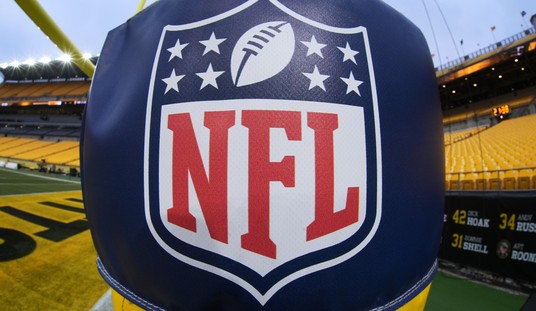This may seem like an obvious thing for a writer to say. But: words matter. Sadly, though, we’re losing the definition of many words.
A recent Washington Post story on health care reform makes the point nicely. Its second paragraph begins, “The early skirmishing -- essentially amounting to friendly fire -- is perhaps the clearest indication yet of the uphill battle President Obama faces…”
“Skirmishing,” of course, is something soldiers do, and often get killed doing. “Friendly fire” is something soldiers must avoid, lest they get killed by their own colleagues. And an “uphill battle” is something soldiers all too often die during.
Yet these days, when any argument can be called a “war of words” and any mistake can be said to lead to a “death spiral,” we seem to have lost a sense of proportion.
As another example, consider that in 2007 more than 2,500 of our nation’s 3,141 counties were tabbed as either “primary or contiguous” disaster areas, making them eligible for federal disaster aid. By that measure more than two-thirds of the country was supposedly a disaster area. Were things really that bad two years ago?
Unfortunately, federal disaster declarations have been soaring since 1996, when they jumped from 38 the previous year to 157. Since then there has only been one year with fewer than 100 federal “disasters.”
Presidents Clinton and Bush averaged 89.3 and 129.5 disaster declarations each year, a massive jump from the 18.2 and 37.9 averaged in the 1960s and ’70s by the Johnson and Nixon administrations, respectively.
Yet this bad idea of federalizing disasters could yet get even worse.
In recent years some lawmakers have pressed for the creation of a federal catastrophic hurricane fund that would supposedly protect businesses and homeowners against massive losses. One bill put forward in 2007 was titled the “Homeowners Defense Act.”
But any such measure is dangerous for two reasons. One is that it’s not necessary. Hurricane Katrina, for example, was our country’s worst natural disaster on record. Yet it didn’t bankrupt the insurance industry. Insurers survived without any sort of federal bailout.
Recommended
The other reason is that such a bill would shift risk away from those who live in the path of hurricanes and instead force all Americans to bear that burden.
There are only about 11 states that regularly experience hurricanes, earthquakes or volcanic eruptions, the sort of disaster a federal fund would aim to protect against. So it only makes sense that those living in, say, Texas or Florida should pay more for hurricane insurance than those living in, say, Michigan or Vermont.
Yet if the federal government is willing to pick up the tab for predictable (if irregular) disasters, that only encourages people to move to dangerous areas. And in fact, six of the 11 at-risk states are growing more swiftly than the rest of the nation. More people results in more property at risk, and predictably the cost of natural disasters has steadily increased.
The federal government shouldn’t create a fund that socializes disasters by making those who are at little risk kick in for those who are at great risk. Washington should avoid catastrophic coverage unless a disaster is nationally catastrophic.
Instead, the country should move back toward a local disaster response frame¬work, meaning states and the people who choose to live in those states should cover the cost of disasters.
Before they’re eligible for federal aid, states should be required to have met some common-sense criteria. For example, each state should be forced to eliminate caps on what insurance companies may charge customers. That would allow insurance companies to build up funds so they won’t lose money when (not if) a hurricane strikes.
Customers would have to pay more for insurance, but would actually end up with more choices. State Farm, for example, has decided to stop offering coverage in Florida because the state caps its rates too low.
Also, states should prohibit rebuilding in disaster-prone areas. It makes no sense to rebuild a beach house that’s been destroyed by a hurricane. After all, it’s only a matter of time before another hurricane will blow in and knock it down again. Better to move inland and rebuild on safer ground.
Violent words should be reserved for violent acts, not political tiffs. Likewise, if almost every event is called a “disaster,” then we’ve lost the meaning of that word, too. It’s time for the federal government to get out of the insurance business as much as possible. The private insurance market, not federal taxpayers, should provide protection against acts of nature.

























Join the conversation as a VIP Member